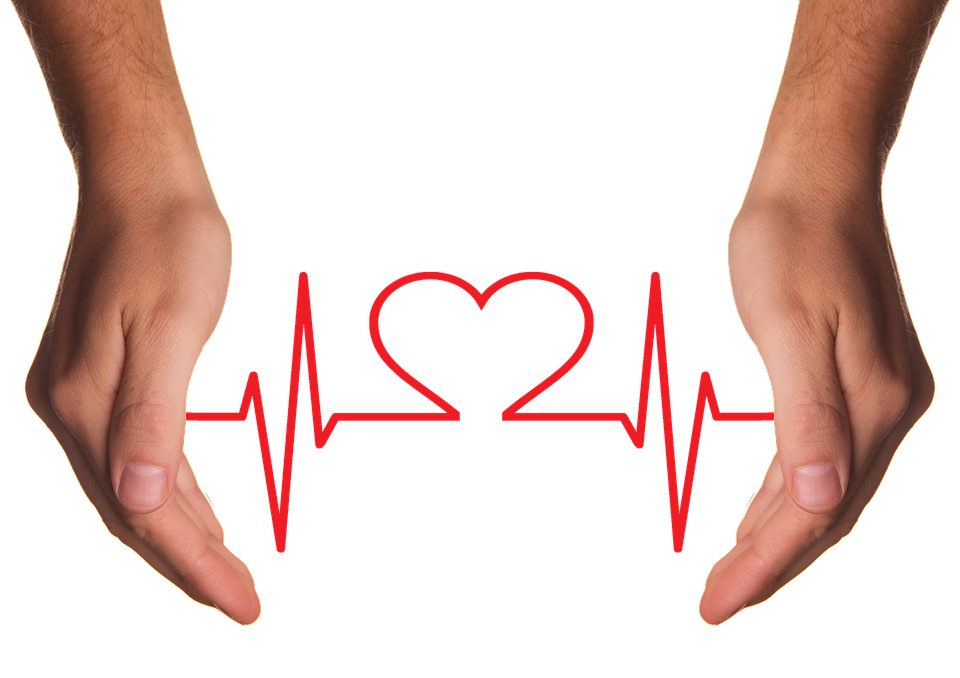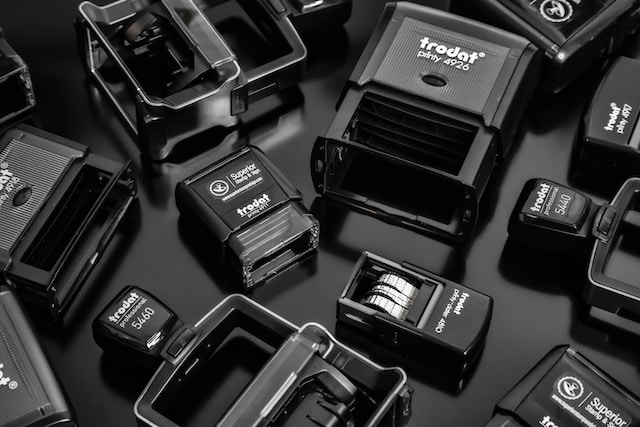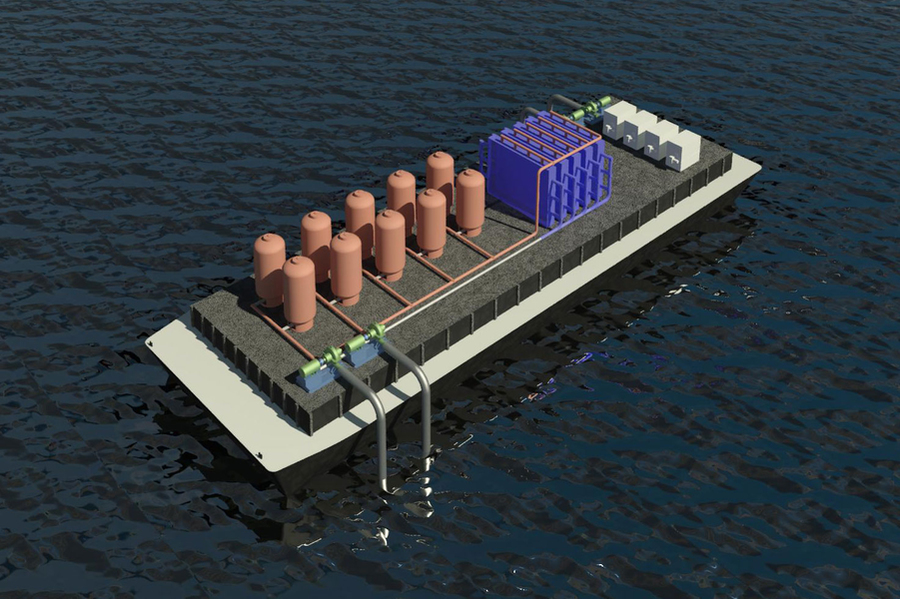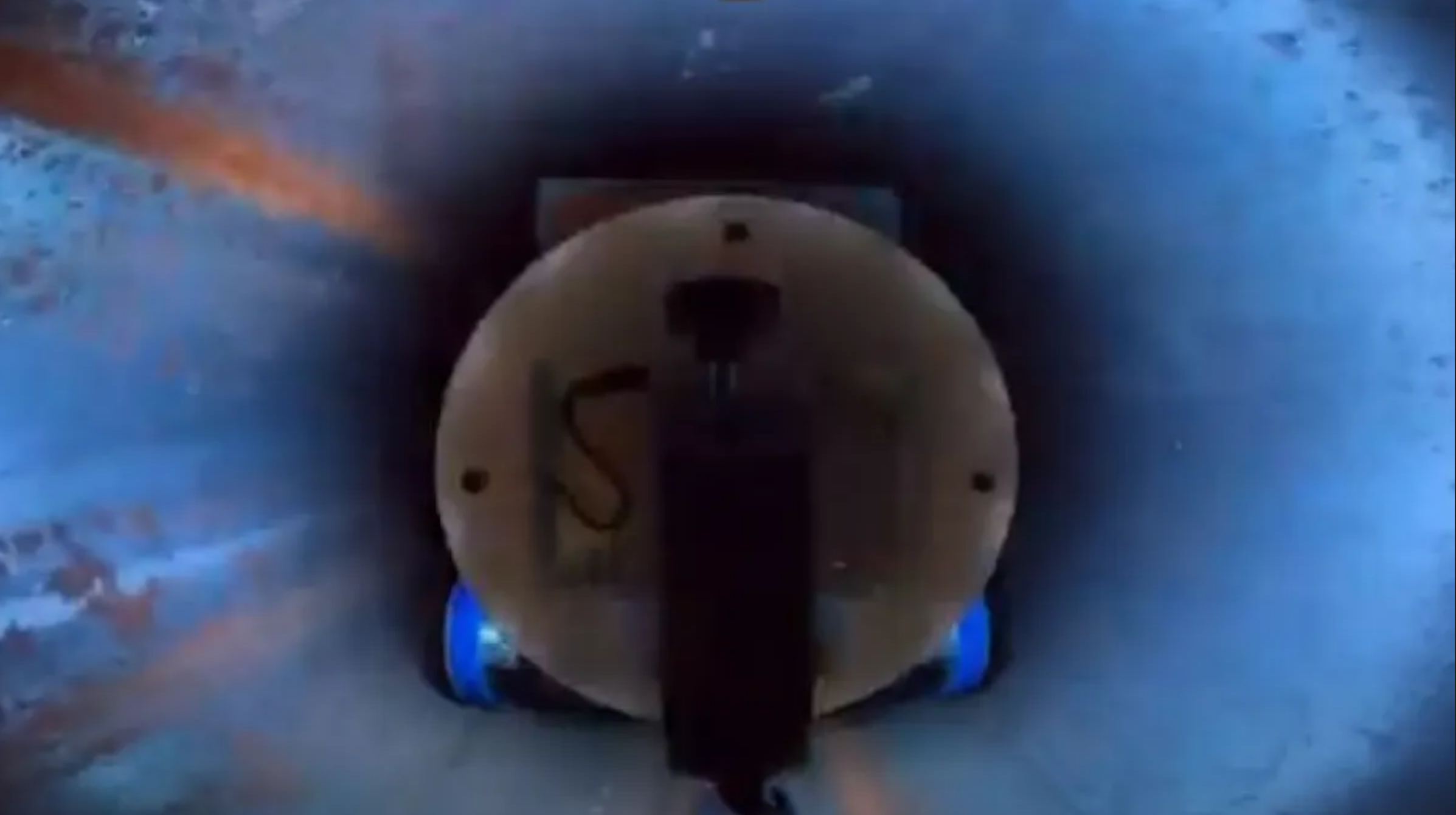Plastic has become a global problem. Around 275 million tonnes of plastic waste is generated each year around the world. But only 9 percent of the total plastic waste in the world is recycled.
Scientists have a massive role to play in finding solutions to reduce plastic waste
Packaging, wrapping, bottles, and single-use containers are creating an ever-growing pollution problem. Scientists have been searching for ways to break down this stubborn material to minimize the amount of plastic.
In a major development, scientists have discovered bacteria that can biodegrade plastic in an environmentally friendly way.
Researchers at the University of Natural Resources and Life Sciences in Austria have found that microbes in the cow’s rumen can digest plastic.
They tested three types of plastics, mentioned below –
· PET (a synthetic polymer commonly used in textiles and packaging)
· PBAT (biodegradable plastic often used in compostable plastic bags)
· PEF (a biobased material made from renewable resources)
The microbes are so powerful that all three plastics were broken down by the micro-organisms from cow stomachs.
One cow produces around 100 liters of rumen. So, imagine the amount of rumen liquid that can be procured from the slaughterhouses every day. This liquid otherwise goes to waste.







